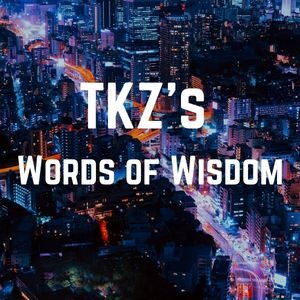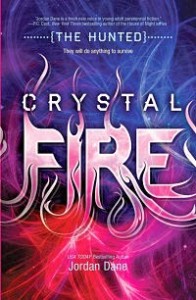When browsing the archives of TKZ, I sometimes find two or three blogs on the same or complimentary subjects. Today we have three articles on story ideas and character creation. The link at the end of each section will take you to the entire post, which I encourage you to read.
Please feel free to comment on other reader’s comments and strike up a conversation.

One of the questions writers hear often is where do we get our ideas. Depending on the situation, my standard answer is that I subscribe to the Great Idea of The Month Club. And when someone asks how they can join, I have to tell them that members are sworn to secrecy and forbidden to divulge that information.
If I’m pressed for an answer, I say that I can give some sources away, but only if they don’t tell where they got them. If they want to write murder mysteries, for instance, I aim them toward THE MURDER BOOK 2008, a blog by Paul LaRosa that records all the murders in New York City during 2008. There’s enough material there to keep a writer going for years.
But in reality, our ideas can come from almost any source at any time. Writers’ minds are in-tune with their surroundings ready to see the telltale signs of that little spark that could be used in a story or even become the basis of a whole book. – Joe Moore, 8-27-08
Often, when I speak to book-loving groups, I tell the Klansman-in-the-store story to illustrate why I write thrillers. As an author I am always trying to make my readers feel some of what I felt when real villains crossed my path, and I realized that they could do me serious harm. And I also realized at some point that my father wouldn’t always be there to make the world safe again. I have met more villains than I can count, and I do my best to protect myself and those I love from bad things and evil people to the best of my ability. Some evil is obvious, but most of the time it lies just beneath an innocuous and seemingly harmless surface. And sometimes the most dangerous things come to us with open arms and a smile. But seeing evil first hand allows me to write about threat and fear. Evil isn’t usually all that well defined, and it certainly is not simple. Villains should be complex, and human, and understanding them well enough to adequately portray them (in words) remains the ultimate challenge for writers. – Joe Moore, 8-23-08
John Mortimer, creator of Rumpole, wrote that “most of the interest and part of the terror of great crime are not due to what is abnormal, but to what is normal in it; what we have in common with the criminal rather than the subtle insanity which differentiates him from us.” I couldn’t agree more – for me, it is the commonality rather than the abnormality that makes a villain truly villainous.
Take Doctor Crippen – an unremarkable man in real life, the least likely man perhaps to have poisoned and dismembered his wife or to have been pursued across the Atlantic with a young mistress in tow disguised as a boy. Part of the fascination with this case is the sheer ordinariness of the supposed murderer – and now, with DNA evidence casting doubt on whether the woman whose body was found was that of Doctor Crippen’s wife, Cora, the mystery of what actually happened may never be solved.
In fiction of course, some of the most fantastical crimes that occur in real life can never be used simply because readers would never believe them. Take for example the man who murdered his wife over an affair that happened 40 years before and then left her body as a gift beneath the Christmas tree. Writers have to walk a fine line with villains too, making them both believable as well as intriguing. Are they merely the flip side of the protagonist? Are they an ordinary person pushed to the brink? Or does some deep psychological wound create the monster within? – Clare Langley-Hawthorne, 8-18-08
What is your favorite place to find story ideas?
How do you approach character creation?
What are your thoughts on the subject?
What is the craziest story you have ever heard about how an author got an idea for a character?




